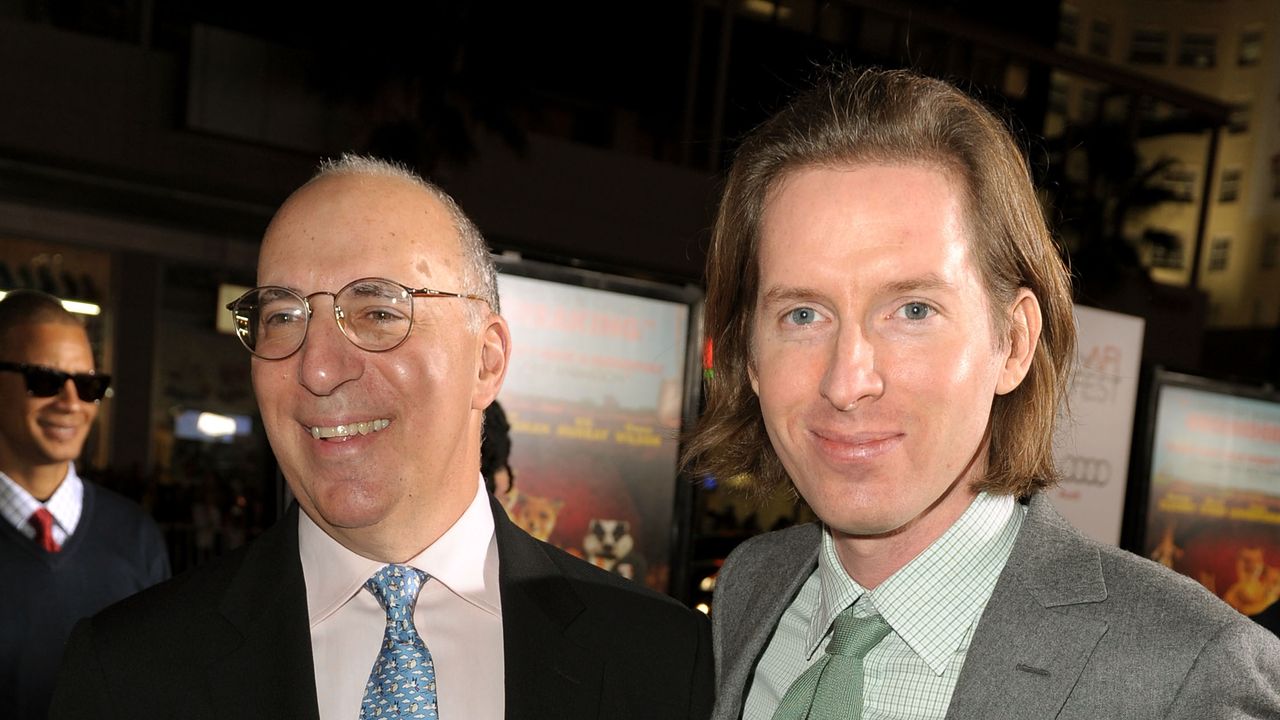After screening at the Cannes Film Festival, The Phoenician Scheme arrives in theaters on Friday—the latest film by Wes Anderson. As usual, the Oscar
After screening at the Cannes Film Festival, The Phoenician Scheme arrives in theaters on Friday—the latest film by Wes Anderson. As usual, the Oscar winner has assembled an outstanding ensemble cast that includes Benicio del Toro, Mia Threapleton, Michael Cera, Riz Ahmed, Tom Hanks, Bryan Cranston, Mathieu Amalric, Jeffrey Wright, and Scarlett Johansson, among others.
This marks Anderson’s fourth feature film in the last seven years, following Isle of Dogs, The French Dispatch, and Asteroid City, as well as a group of shorter Roald Dahl adaptations that screened collectively on Netflix as The Wonderful Story of Henry Sugar and Three More. It’s a prolific output, particularly at a time when idiosyncratic creators like Anderson can have difficulty securing financing and distribution.
Anderson’s films tend to cost around $25 million or $30 million each, and tend to gross around double that—or slightly less. (Asteroid City surpassed $53 million at the worldwide box office, and The French Dispatch earned $46 million, according to Box Office Mojo.) Anderson’s projects are generally financially viable, though his track record includes both major hits (the nearly $173 million–grossing Grand Budapest Hotel) and some resounding failures (Fantastic Mr. Fox, which earned acclaim but did not reach $60 million with a budget of $40 million).
But unlike some other creators, Anderson will likely keep getting opportunities to make solidly mid-budget films regardless of how they perform at the box office—thanks to his association with Steven Rales, one of the richest independent film investors in the world. Rales has a net worth of $7.6 billion, according to Forbes, and is ranked 468th in Bloomberg’s index of billionaires. Others with gigantic fortunes also invest in independent films, such as Jeff Bezos, who does so indirectly through Amazon MGM Studios. But Rales’s case is exceptional because he also works as a producer on the films he helps finance.
Rales has financed all of Anderson’s films since 2007’s The Darjeeling Limited, and has been a full-fledged producer on each one since 2012’s Moonrise Kingdom. He supervises and manages the projects, and is present during their shoots. When Anderson finally won an Oscar last year—best tiny film for The Wonderful Story of Henry Sugar—Rales, as the project’s executive producer, won the award as well. But neither was present at the Dolby Theatre because they were filming The Phoenician Scheme in Europe at the time. “Unfortunately, Steven and I are in Germany, and we start shooting our new movie early tomorrow morning. So I did not actually receive the award [in person],” Anderson explained via a statement.
Who is Steven Rales, and how did he amass his great wealth? Born in 1951 in Bethesda, Maryland, he is the son of a wealthy businessman. In the tardy 1970s, he left his father’s real estate business and founded a recent conglomerate with his brother, Mitchell: Danaher (originally called Equity Group Holdings). Through it, they have acquired and founded several companies in various sectors; currently, they are especially focused on science and technology as applied to health.

COMMENTS